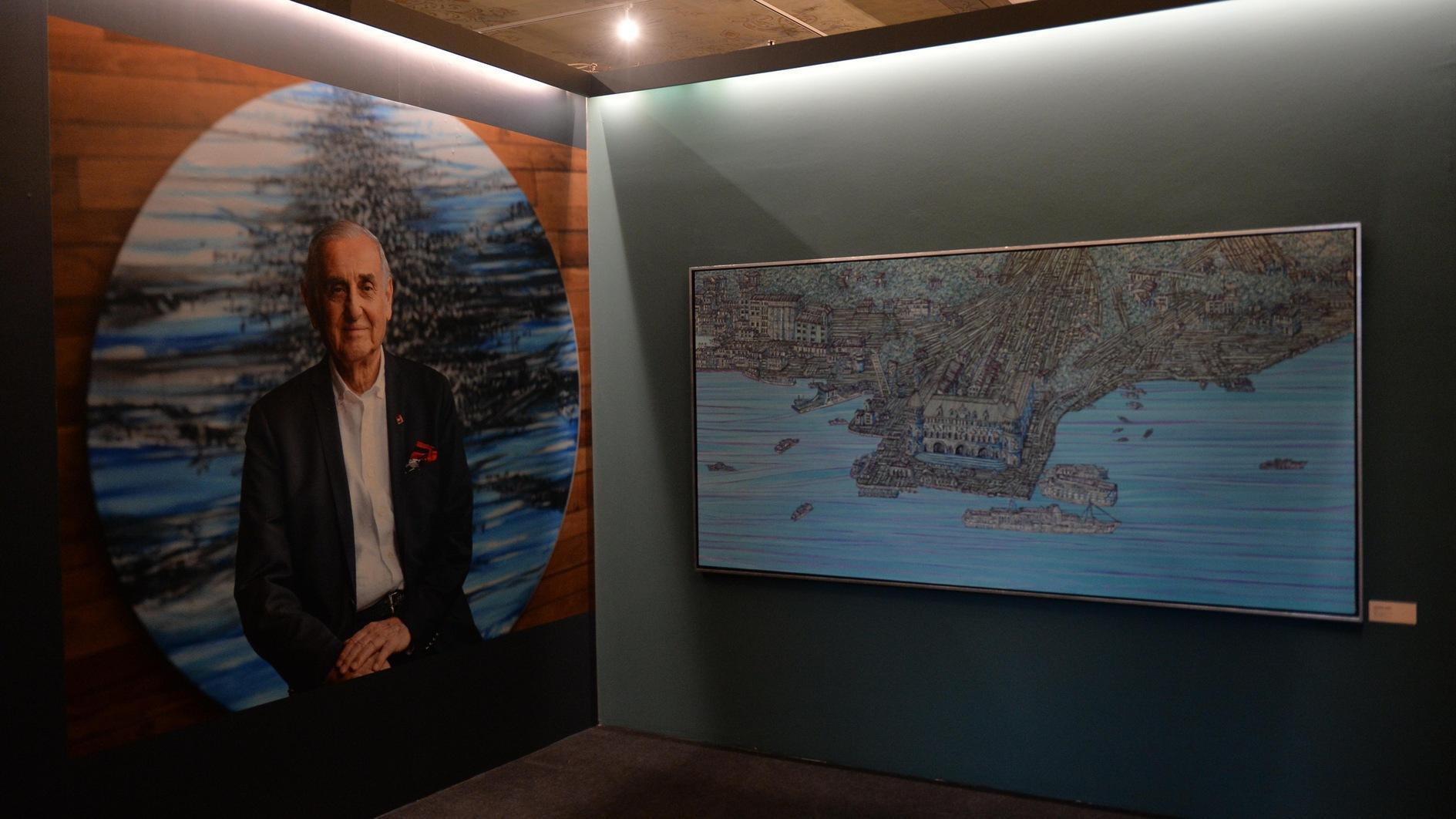Art is more privileged than politics
Throughout the history of humanity, there has been a disaccord between artists and politicians. This is in their nature. The criticism of artists carries the seeds of ideas towards our future.
It has always been the names of the artists that stand out in a country’s history.
Some want them to remain distant to politics, but in fact, they can make political criticism as citizens.
Furthermore, their opinions are very important because they think on a “world scale.”
Look at the kind of warning De Gaulle gives—one of the legendary names of France—to the people who reflect their discomfort on the criticisms of Jean-Paul Sartre: “Sartre is France.”
You may have come across the news that Venezuela’s famous musician Gustavo Dudamel’s U.S. tour is canceled.
It was obstructed by President Nicolas Maduro. Dudamel’s statements against Maduro with regard to the latest events, are shown as the reason for this obstacle.
I remember countries by the names of their famous artists and not by the names of their presidents because they are the ones who will make history and their countries will become eternal by their names.
I listened to Gustavo Dudamel in Istanbul, met him and spoke with him.
His life is full of qualities, which must be taken as an example on many aspects.
The 36-year-old conductor conducted an orchestra on Aug. 9, 2011 at a venue under the Galata Tower.
He was trained in a music project called “El Sistema.” Today, he is also the conductor of that orchestra.
He has brought many poor children into the music world with this project.
Taking that project as an example, the “Music Orchestra for Peace” is formed of children in Turkey who cannot receive musical training due to insufficient income. Today, they are not only giving concerts in Turkey but also abroad.
Their work started in a venue located in Edirnekapı in İstanbul and now they have gone global.
Musicians can also have political roles and they can also put these into practice.
Kurt Masurbüyük, the conductor of Leipzig Gewandhaus during that period, played a big role in uniting the two Germanys.
If politicians would leave the resolution of international disagreements to the musicians, then in my opinion the sounds of cannons, rifles and noisy clamor would be replaced with symphony and notes.
Because they assumed a relationship between the works of Richard Wagner and the Hitler administration, the Israeli government never wanted his work to be performed.
The major pianist and orchestra conductor, Daniel Barenboim, who himself is also Jewish, made musicians play Wagner in Israel, and in this way, he succeeded in giving privilege to art over politics.
Again, it was Daniel Barenboim who set up the “Eastern, Western Orchestra,” which consists of the young people from Israel and Palestine, and proved with this orchestra that the youth who came from different countries governed by opposite ideas, became friends with music.
On the other hand, there are also people who think musicians should definitely be interested in politics. Once, I had read a criticism about Mozart. The critic said the French Revolution happened in 1789 and Mozart who died in 1791, never mentioned it.
What did he have to do, write a marche?
If Gustavo Dudamel had come to the U.S., maybe Trump would have looked at Maduro from another perspective. Years later, if people ask me about Maduro during a conversation about Venezuela, I do not think I will remember his name.
After checking my memory, I am sure I will say this to them, “Was he living in the country of Gustavo Dudamel?”











